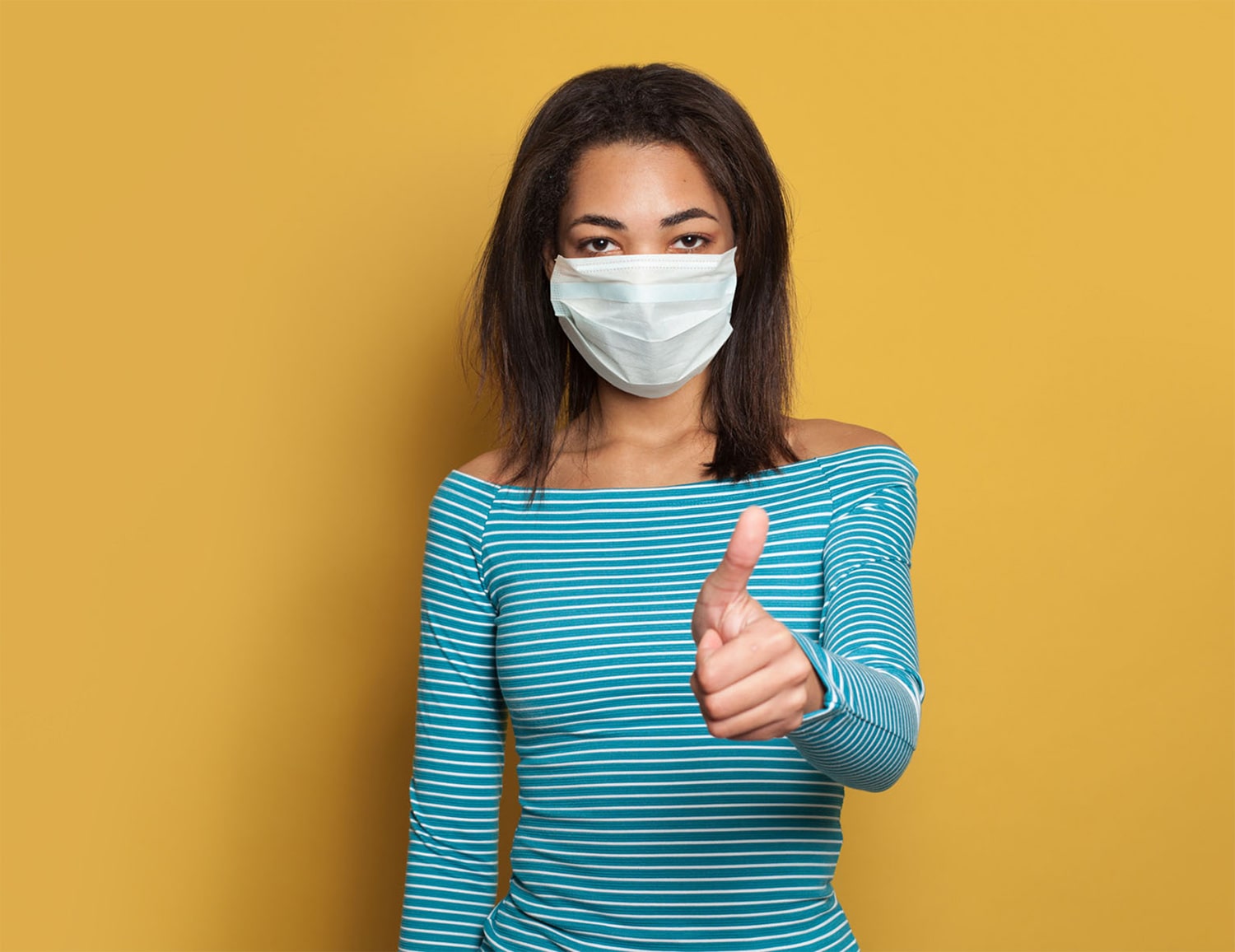THIS YEAR, PEOPLE WITH SUPPRESSED IMMUNE SYSTEMS face health risks from both COVID-19 and the arrival of flu season. More than ever, it’s important to minimize your chances of infection and keep your body strong.
“Cancer in and of itself leads to some level of immunosuppression,” says gynecologic oncologist David Cohn, chief medical officer at the Arthur G. James Cancer Hospital and Solove Research Institute at the Ohio State University Comprehensive Cancer Center in Columbus. Treatments such as chemotherapy, radiation and stem cell transplants also reduce patients’ ability to fight infection. Cohn says new research suggests that people with cancer—as well as recent cancer survivors—are more susceptible to COVID-19 and developing serious complications from COVID-19.
Although COVID-19 and flu are different diseases, some of the same habits may reduce your risk of catching either one. Remember the five Cs, says infectious disease physician Steve Pergam, who is a researcher at the Fred Hutchinson Cancer Research Center and director of infection prevention at the Seattle Cancer Care Alliance. Avoid crowds where you might encounter people who are sick with flu or COVID-19. Avoid close contact, maintaining a distance of at least six feet from others to lower your chances of encountering respiratory droplets that may contain the coronavirus. Avoid closed-in spaces such as small rooms, which lack the airflow to clear out airborne virus. Meeting people in an outdoor space may be safer, Pergam says.
Should You Get a Flu Shot?
In almost all cases, a flu shot is a good way to help keep you healthy.
People with cancer should ask their medical team about receiving a flu vaccine because they face an increased risk of flu complications due to the disease and its treatment.
If you’re currently being treated with chemotherapy or have had a recent stem cell transplant, your body may not mount a full immune response to the shot. “But even if there’s a little bit of a response, we’ll give [the flu vaccine],” says Steve Pergam, infectious disease physician at the Fred Hutchinson Cancer Research Center and director of infection prevention at the Seattle Cancer Care Alliance. You may still contract the flu, but vaccinated patients are less likely to be hospitalized with severe complications. Pergam strongly encourages families and caregivers to receive flu shots too.
Additionally, the Centers for Disease Control and Prevention recommends cleaning your hands frequently with soap and water or alcohol-based hand sanitizer and disinfecting high-touch surfaces such as doorknobs and phones. Finally, cover your mouth and nose with a cloth mask; this prevents wearers who are infected from spreading the virus. Wear a mask yourself and ask your family and friends to wear them.
To reduce your chances of getting sick and speed recovery if you do get sick, Pergam and Cohn also recommend getting eight hours of sleep a night, eating a balanced diet with plenty of fruits and vegetables, and engaging in regular physical activity such as a daily walk.
The COVID-19 pandemic has increased awareness about habits that prevent infection, which may help us avoid COVID-19 and the flu. “Hopefully it’s going to lessen the community spread of influenza that we’re used to seeing,” Cohn says.
Cancer Today magazine is free to cancer patients, survivors and caregivers who live in the U.S. Subscribe here to receive four issues per year.





